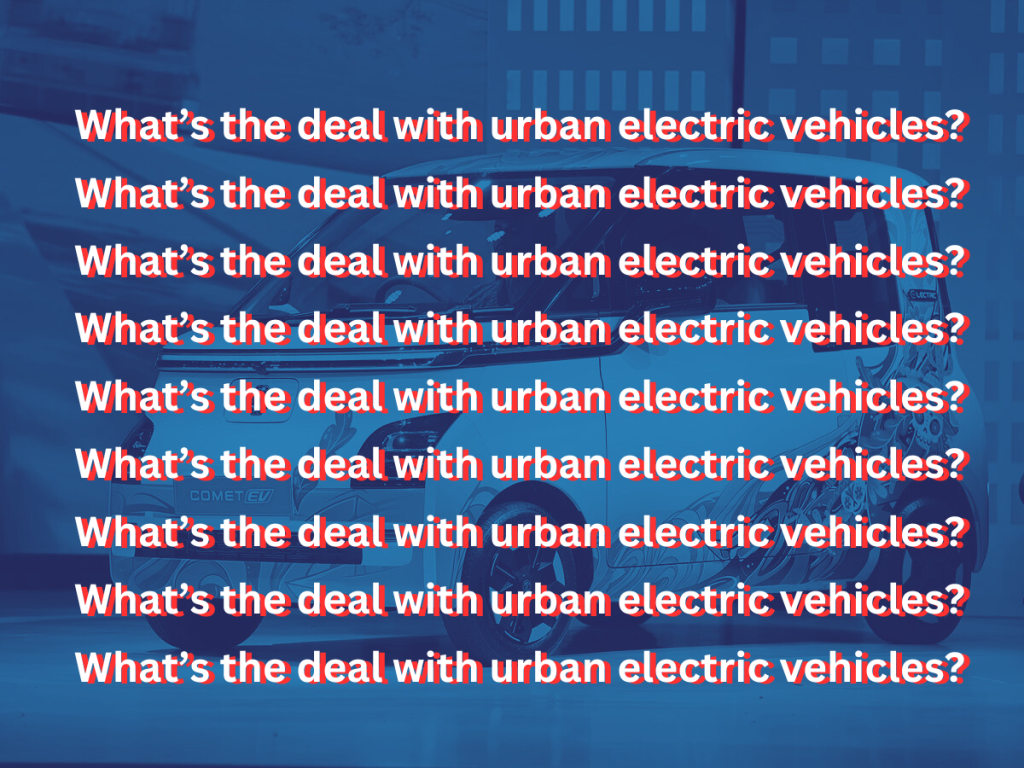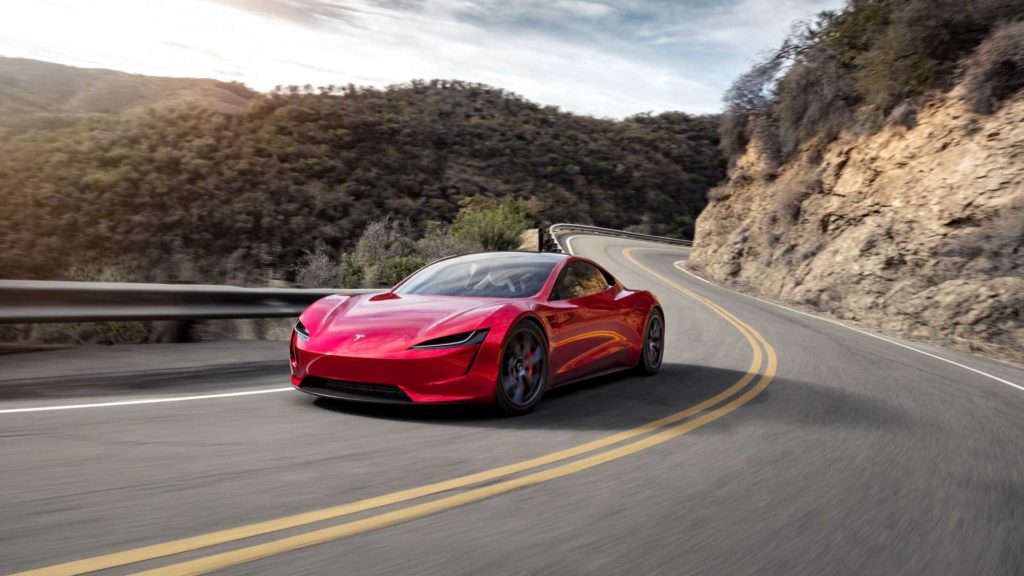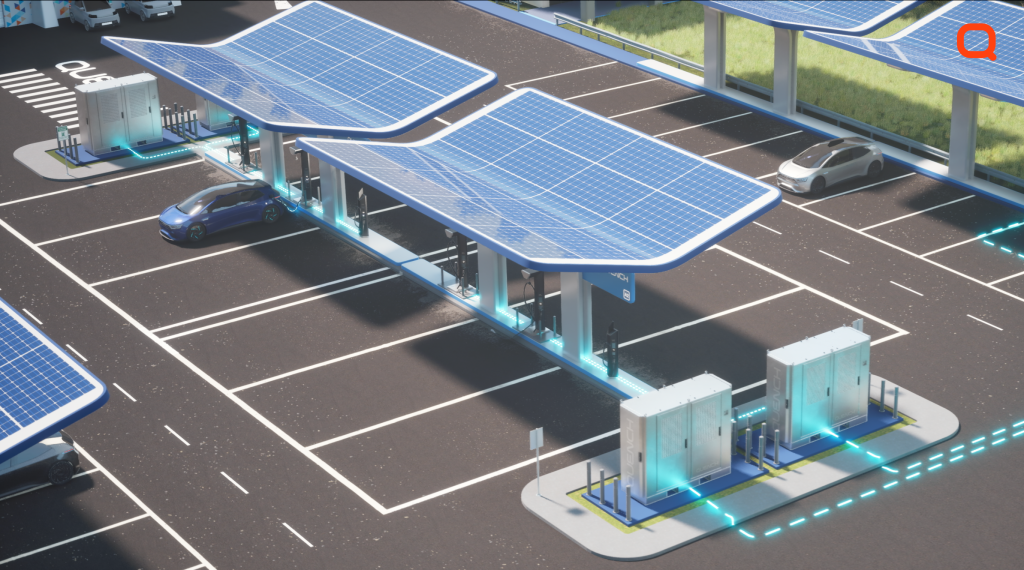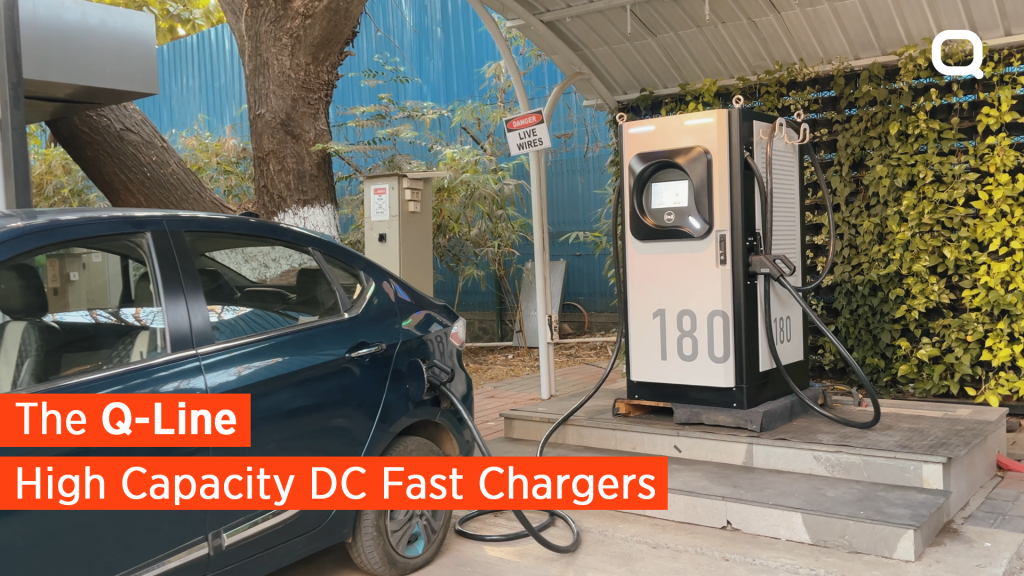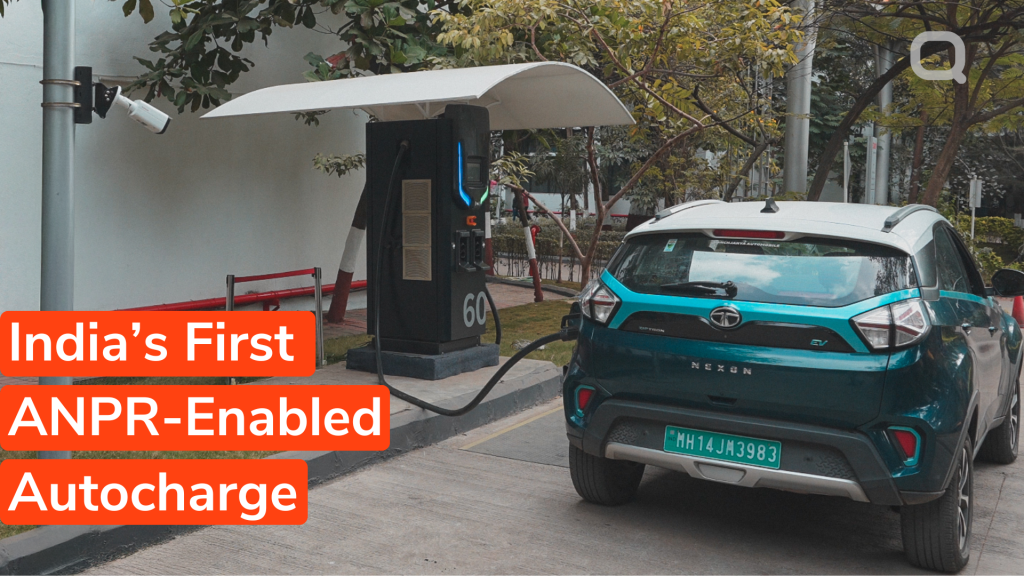Electric Vehicle benefits in India
We’re witnessing the dawn of a new era in energy, and it’s all thanks to electric vehicles. The future is now and it’s electric.

Cheaper electricity

Reduced CO2 emissions
Electric cars produce around 99% less CO2 than petrol-powered cars. That means they produce fewer greenhouse gases that can lead to climate change. Electric cars are about twice as economical in terms of fuel consumption. , meaning they’ll have a lot of money left over for other costs, like insurance and maintenance.
- Electric cars don't produce noise pollution or toxins, which can affect human health.
- Electric cars generally range from Rs. 8,00,000-Rs. 48,00,000, making them accessible to more people.
- Electric cars typically use 80% less raw materials to produce than a petrol car.
- Because of the range of electric cars, it is possible for an individual to travel more without frequent charging, which can be good for the environment.
- Electric cars are cheaper than petrol-powered cars in terms of running costs: Rs.1,60,000.

Safer rides for your family
Electric cars are much safer for your family on the road with their ultimate brake power and ability to take corners without skidding or spinning out of control. . When you drive electric cars, you never have to worry about running out of gas, they can go further than gas cars with a single charge. Electric cars are cost-effective, producing just as much or even more energy than they need to power the car. Electric cars are environmentally friendly; they have zero emissions and they are good for the environment. In conclusion, electric cars are the most fuel efficient, cost effective and safe vehicles on the road.
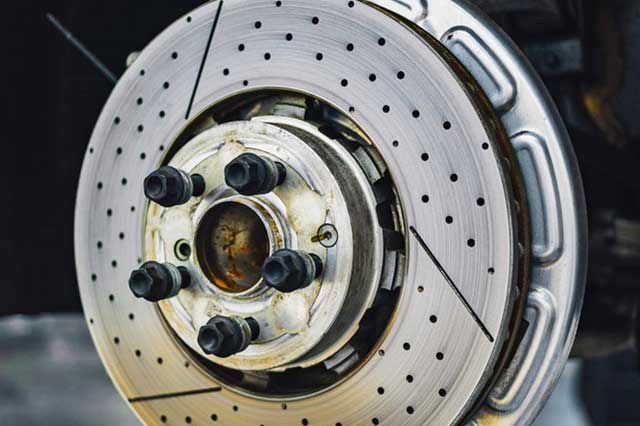
Easier driving experience thanks to regenerative braking system
The regenerative braking system means you will never have to throttle or apply the brake while driving downhill as the car will use its own momentum to recharge itself! The hybrid powertrain uses a gasoline engine and an electric motor for propulsion, which gets its energy from the regenerative braking system. recharge system the hybrid powertrain uses a gasoline engine and an electric motor for propulsion, which gets its energy from the regenerative braking system.
How EV Revolutionizing the World
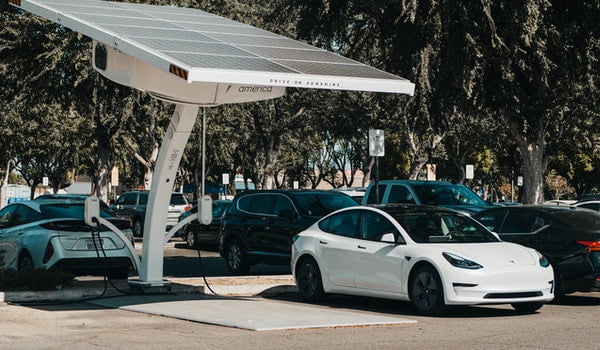
Electric Vehicles – The Future of Clean Transportation
The future of transportation could be electric vehicles. With the help of new policies, incentives and advancements in technology, we will see a lot more electric vehicles on the road. This section covers the future of electric vehicles and how it will change our world. Electric cars are not only cleaner for the environment but also cheaper to maintain than their gas-powered counterparts. In this section, we will discuss the advantages and disadvantages that come with these new vehicles to see if they are really worth it. . Advantages of Electric Vehicles: - Cleaner for the Environment: With the help of new policies, incentives and advancements in technology, electric vehicles could be cleaner than gas-powered counterparts. This is because electric cars do not emit pollutants that affect our environment, such as particulate matter and ozone. In addition to this, electric vehicles are also cheaper to maintain and to operate than conventional cars in the long run.
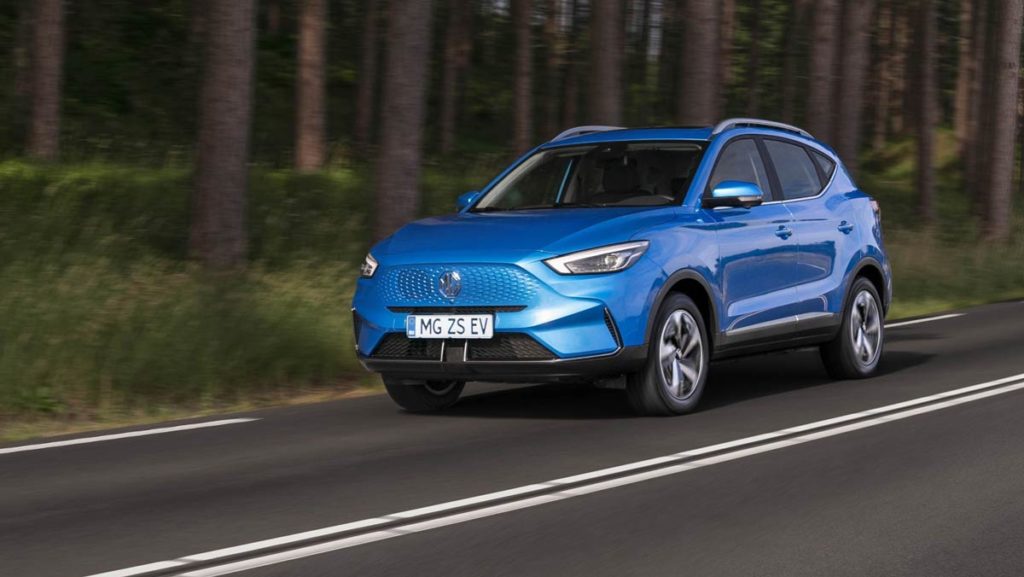
Why Should You Consider Buying an Electric Vehicle?
The electric vehicles in India are still a nascent technology and the market is not yet mature. But with the increasing awareness and demand, it is expected to grow exponentially. The Indian government has also announced that they will be providing subsidies to buyers of electric vehicles in order to promote their adoption.
There are many benefits of an EV that you should consider before purchasing one. One of them is the cost savings on fuel costs. The electricity cost per km for an EV is very low compared to petrol or diesel cars. This means that your vehicle will have a longer range between charges, which means you'll spend less time at charging stations as well as lower maintenance costs for your car battery. Another advantage is the lack of noise pollution from an EV when it's running because there's no combustion engine involved. . What are the disadvantages of an EV? There is a lot of debate about the disadvantages of an EV.
The disadvantage for some homes might be costly initial purchase price. The other disadvantage could be that you need to invest in a charging station or take your car to a mechanic regularly to keep it running properly. In terms of fuel costs, if you use electricity to charge the EV, then there is no fuel cost involved. What are the advantages of an EV? The advantages of an EV include that they have a low environmental impact. They also have a longer range. If you acquire an electric car, then there is no need to worry about gas prices increasing any time soon.
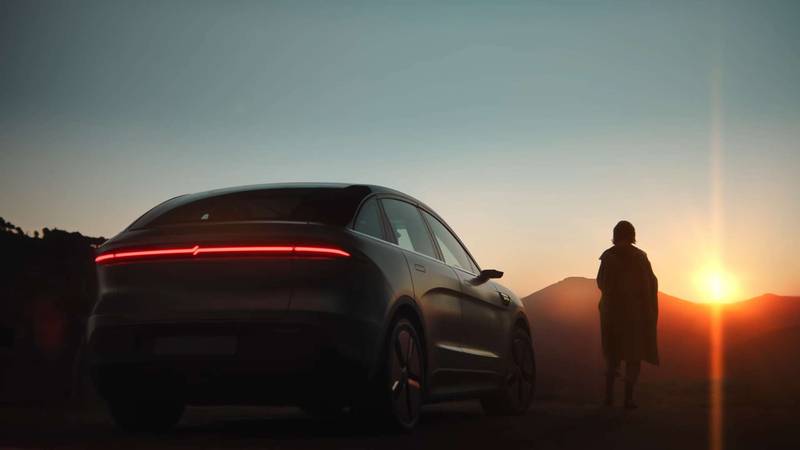
The 4 Most Interesting Electric Vehicles in the World
Electric vehicles are becoming more and more popular. The electric car market is growing rapidly and the number of electric cars on the road is increasing every day. These are 10 most interesting electric vehicles in the world that you should know about:
1) Tesla Model 3 - This is a new model from Tesla, which has been so successful that it has brought Tesla back to profitability in Q3 of 2017, after being unprofitable for years. It costs $35,000 before any incentives or tax rebates and it can go 215 miles on a single charge. This vehicle is not available yet but customer pre-orders have been very high and there's a wait list for this vehicle.
2) Renault Zoe - This electric car can drive 240 miles on one charge and it costs $23,000 .
3) Nissan Leaf - This car only costs $25,000 and it has up to 130 miles of range, which is perfect for city driving.
4) BMW i3 - If you are looking for something a little more luxurious than the Nissan Leaf but still affordable, the BMW i3 might be a good option. It costs $42,000 before any tax credits and it ranges up to 210 miles. The most popular hybrid in the United States is the Toyota Prius, but there are other options that you might want to consider.
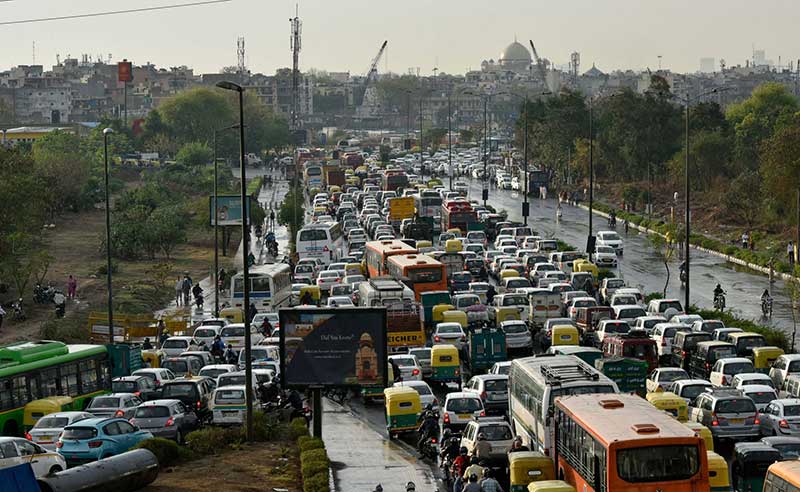
Buyer's Guide for Buying an Electric Vehicle in India
This guide provides an overview of the various electric vehicles available in India. It also provides information about the costs and benefits of these vehicles. Electric cars have been around for a while now, but they are still not very common in India. The main reason for this is that they are expensive.
However, there are a number of models that you can buy today that offer good value for money. The Complete Buyer's Guide for Buying an Electric Vehicle in India Electric Motorcycles Electric Motorcycles are the same as regular motorcycles except that they run on electric power instead of gasoline or diesel fuel. Most models have an engine with a maximum power output of about 100 watts.
Which is enough to reach a top speed of 28 miles per hour. Electric Motorcycles come in two standard sizes- 49cc or 125cc. Both these sizes are good for developing the skills needed for riding a motorcycle. There are also 500cc bikes on the market, but these are extremely expensive and not very fuel efficient.
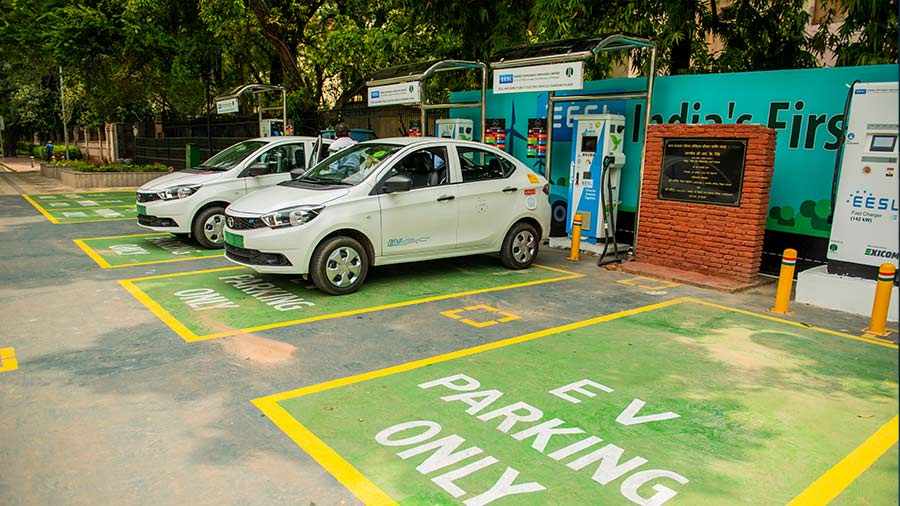
How Electric Vehicles Could Change Transportation and the Future of India
What is an Electric Vehicle?
An electric vehicle is a vehicle that uses one or more electric motors for propulsion.
Electric vehicles are becoming more popular because they don’t produce any emissions and they have zero tailpipe emissions.
In most cases, an electric vehicle is powered by a rechargeable battery.
There are many benefits to owning an electric car such as the fact that there is no need to buy gas, you save money on fuel costs, and you can drive in any city without worrying about traffic or parking.
However, there are some disadvantages as well such as the fact that the batteries take a long time to charge and they can be expensive to replace when they wear out.
Why are Electric Cars Crucial to India's Future?
India’s economy is in a state of flux. With the country’s economic growth slowing down, the government is looking for ways to reduce its reliance on oil imports and cut carbon emissions. These two factors have led to India’s push for electric vehicles.
The Indian government has set a target of 40% of vehicles sold by 2030 to be electric and aims to phase out internal combustion engine cars by 2030. To achieve this, India needs a variety of electric vehicles in order to offer different options for consumers as well as different price points.
What are the Current Challenges with Adopting Electric Vehicles as a Form of Transportation?
Adopting electric vehicles as a form of transportation has many advantages. It is better for the environment, it is cheaper to maintain and operate, and it can be more convenient. However, there are some challenges that come with adopting electric vehicles as a form of transportation in India.
Concluding Thoughts on Why India Needs to Embrace Electric Cars
India should embrace electric cars for the following reasons:
- Reduction of air pollution in cities like Delhi and Mumbai
- Reduction in the cost of fuel and maintenance
- Reduction in noise pollution
- Reducing the number of accidents
EV - Educate
How can we help you?
Contact us for more information about Electric vehicle and its relevant subjects.
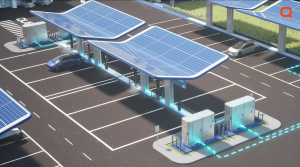
Quench Unveils Advanced BESS-Assisted Energy Management System to Address EV Charging Demands
Pune, India, March 19th, 2025 Quench, a pioneer in EV charging technology, proudly announces the launch of its Advanced BESS-Assisted Energy Management System. This state-of-the-art
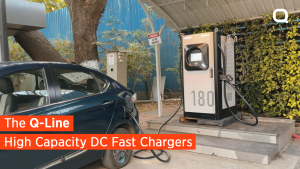
Quench Unveils Q-Line: India’s Most Robust EV Chargers Specifically Designed for Fleet Operations in India
Pune, India, February 26th, 2025 Quench, a leader in advanced EV charging solutions, proudly announces the launch of the Q-Line, high-performance EV chargers specifically engineered
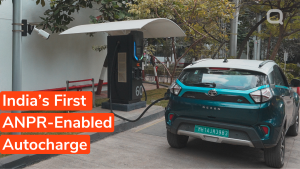
Quench Introduces ANPR-Enabled Autocharge for a Frictionless EV Charging Experience
Pune, India, February 20th, 2025 Quench, a leader in advanced EV charging solutions, has introduced its latest innovation—ANPR enabled Autocharge—designed to simplify and enhance the

EP 54 | Decoding the Future of Urban Electric Mobility | Gensol EV | Pratik Gupta
India’s population is projected to surpass China’s in both overall numbers and population density in the coming years. This growth is particularly concentrated in urban

EP 53 | Industrial Decarbonisation with Green Hydrogen | Shardul Kulkarni
In his Independence Day address, Prime Minister Narendra Modi reaffirmed the government’s commitment to establishing India as a global leader in green hydrogen through the

EP 52 | Empowering Sustainable Last Mile Deliveries | Uday Narang
The Indian EV and energy transition sector has been in flux for the last three years. If you looked at it just three years ago,










